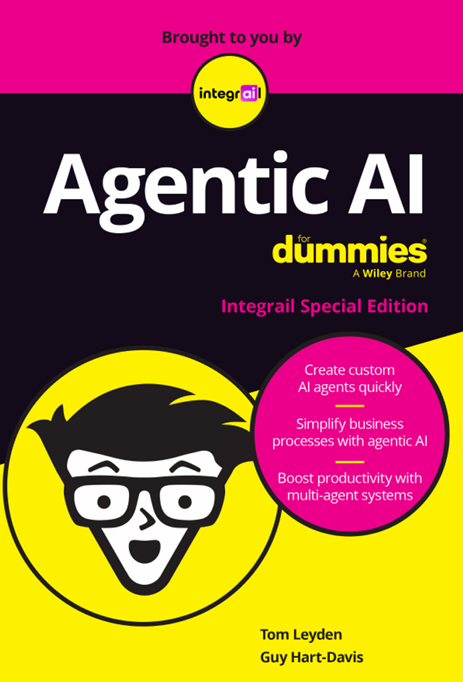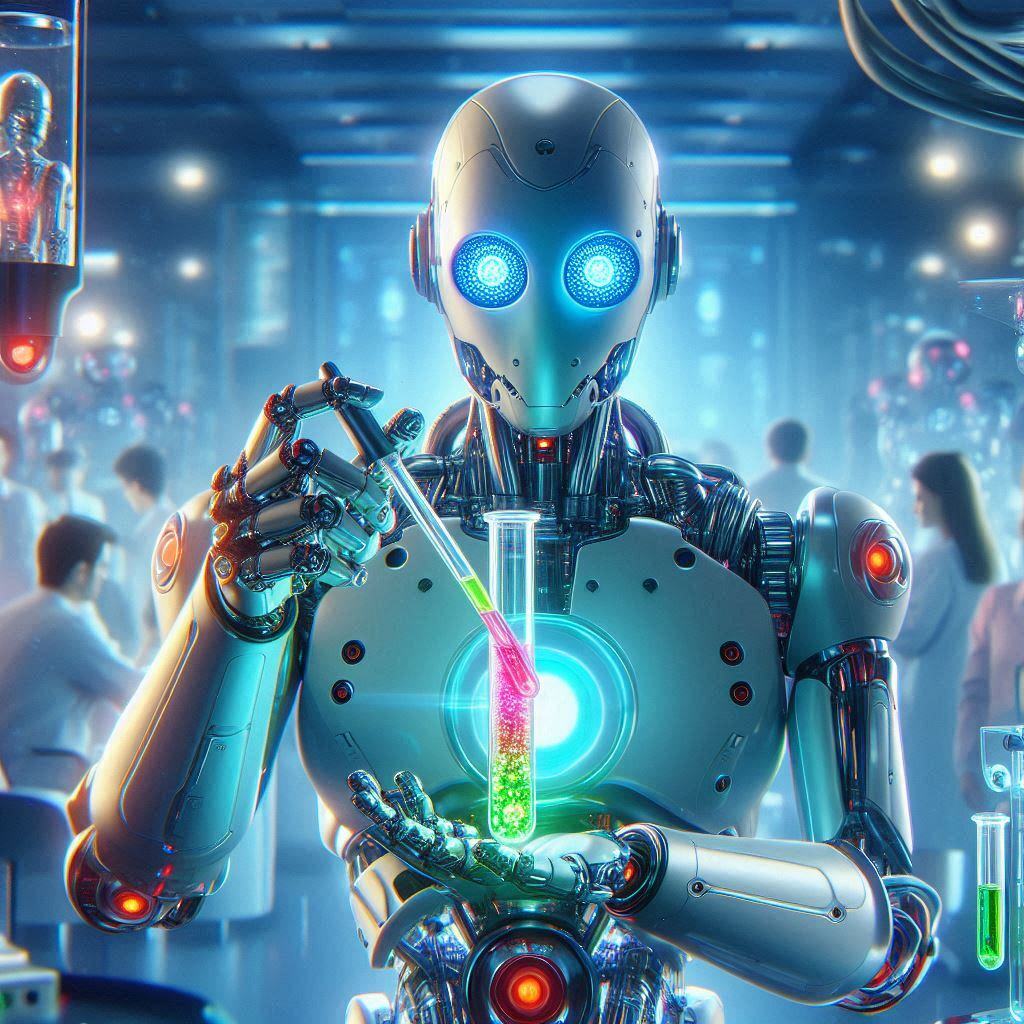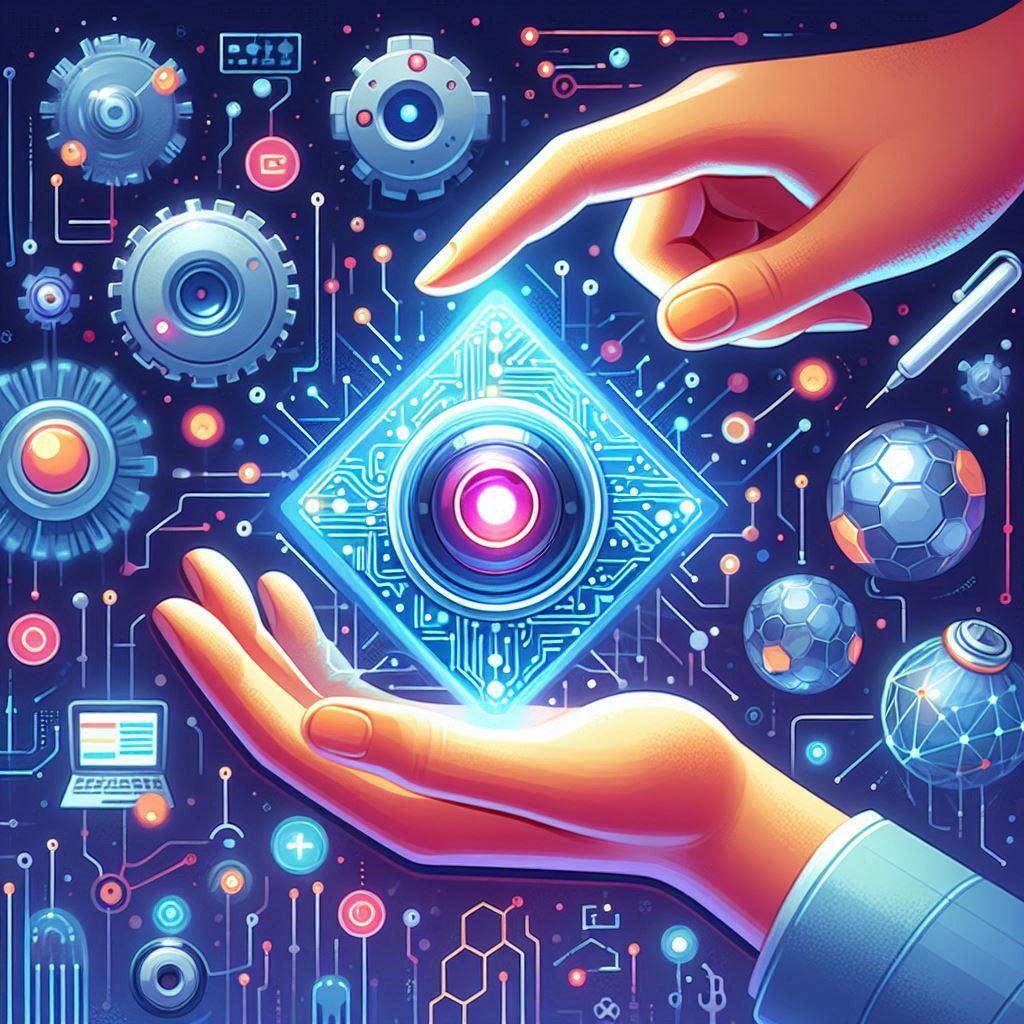Agentic AI for Dummies: Transform Your Business Automation
If you’re hearing about Agentic AI and wondering what all the fuss is about, you’re not alone. It sounds complex, but here’s the good news: it’s...
Learn about agentic vs. non-agentic AI and how autonomous AI is transforming industries and everyday life.
Artificial Intelligence (AI) is rapidly evolving, and one of the most exciting advancements is the emergence of agentic AI. But what exactly is it, and how does it differ from the AI we're already familiar with? In this guide, we'll break down the difference between agentic and non-agentic AI, explore the concept of "agentic" in the AI world, and shed light on the most common type of AI in use today.
Agentic AI refers to a new breed of artificial intelligence that goes beyond simple task execution. It's designed to be more autonomous, proactive, and capable of making decisions to achieve complex goals. Agentic AI systems operate with a degree of independence, similar to how a human agent would. They can:
Think of it like this: a non-agentic AI is like a calculator—it gives you an answer when you input numbers. Agentic AI is more like a personal assistant—it anticipates your needs, makes suggestions, and even takes actions on your behalf.
Non-agentic AI, the most common type we encounter today, is often referred to as "reactive" or "limited memory" AI. These systems are excellent at specific tasks but lack the autonomy and decision-making capabilities of agentic AI. They operate within pre-defined rules and parameters, responding to inputs but not initiating actions on their own.
Examples of non-agentic AI include:
The term "agentic" in AI is derived from the concept of agency, which refers to the capacity of an individual (or in this case, an AI) to act independently and make choices that affect the world around them. Agentic AI systems possess this agency, allowing them to operate more autonomously and effectively in complex, real-world scenarios.
As mentioned earlier, the most common type of AI used today is non-agentic AI. This is primarily because agentic AI is a relatively new field and still under active research and development. However, we're already seeing exciting applications of agentic AI in areas like:
The potential of agentic AI is enormous. As research and development progress, we can expect to see agentic AI systems becoming increasingly sophisticated and capable of handling more complex tasks. They could transform industries, improve our daily lives, and even help us solve global challenges.
Stay tuned to the Integrail blog for more insights into the fascinating world of AI, including how you can leverage these technologies to transform your business and unlock new possibilities.

If you’re hearing about Agentic AI and wondering what all the fuss is about, you’re not alone. It sounds complex, but here’s the good news: it’s...

Agentic AI refers to autonomous systems or agents capable of understanding goals, making independent decisions, and executing tasks with minimal...

Imagine having a team of digital assistants that never sleep, constantly learning, and are always ready to tackle your business challenges. This is...
Start your journey with Integrail

Try AI Studio by Integrail FREE and start building AI applications without coding.

NEW White Paper: Discover how AI Studio accelerates your workflows